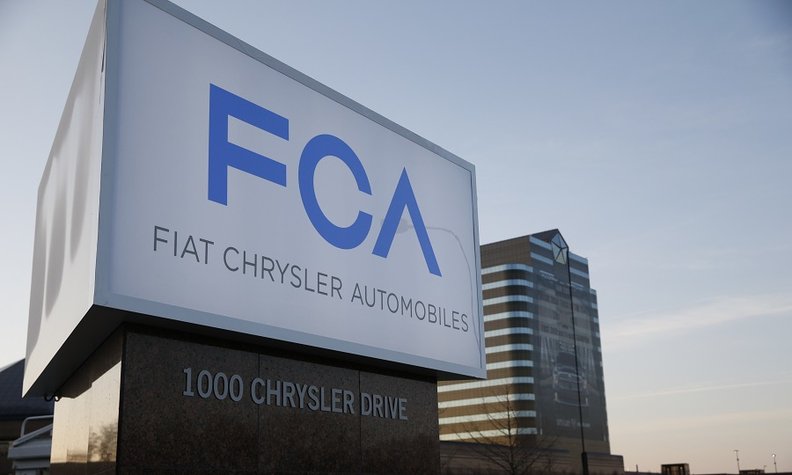Fiat Chrysler Automobiles CEO – Mike Manley said the automaker will not have to pay fines for failing to comply with tougher European CO2 regulations in 2019 and 2020.
FCA will be compliant because of a regulatory credit deal with Tesla, the forthcoming debuts of plug-in hybrid versions of the Jeep Compass, Renegade and Wrangler, as well as the addition of an all-new full-electric Fiat 500 and the arrival of more efficient combustion engines, the executive said.
“This year we’ll continue to roll out improved traditional engine technologies including our new GSE three-cylinder and four-cylinder gasoline engines,” Manley told analysts during a conference call to discuss FCA’s second-quarter financial results.
The GSE 1.0- and 1.3-liter GSE gasoline engines are produced in Bielsko Biala, Poland, and are currently offered on the Fiat 500X small crossover and the Renegade. Additional production of the engines is scheduled to start at FCA’s plant in Termoli, Italy, next year.
In 2020, FCA will launch a battery-powered Fiat 500 and the plug-in hybrid Jeeps.
Manley said that with those launches electrified vehicles would account for about 5 per cent of FCA’s European sales mix.
These vehicles, combined with the rollout of mild hybrid versions of models such as the Fiat 500 and the Jeep Renegade, and the benefits that FCA will get from pooling its result with those of Tesla have left Manley very confident.
While FCA expects it will avoid fines, it will still have a substantial bill to achieve compliance. Chief Financial Officer Richard Palmer said during FCA’s first-quarter conference call that the cost to achieve compliance in Europe this year is 120 million euros. The global total cost for compliance in 2019 is set to be “moderately higher” than the 600 million euros FCA spent in 2018.
The CFO said compliance costs are a 50 basis point (0.5 per cent) drag on FCA’s profit margin in the European region, which includes Africa and the Middle East. Electrification will also increase industrial costs, he added. Manley said FCA aims to recover 60 per cent of the additional vehicle electrification costs via pricing.
Manley did not say whether FCA will also be able to avoid fines in 2021 when the new EU rules take full effect (next year automakers will have to comply with 95 per cent of their sales).
The CEO said FCA’s target is to be compliant without the help of credits from Tesla by 2022. To achieve full compliance by 2021, FCA plans to add another full-electric car to the lineup, another plug-in hybrid and four more mild hybrids, Manley said. By 2022, Manley believes that “the need for pooling deals would be very, very small.”
(Automotive News)
Sign in
Welcome! Log into your account
Forgot your password? Get help
PRIVACY POLICY PAGE
Password recovery
Recover your password
A password will be e-mailed to you.












